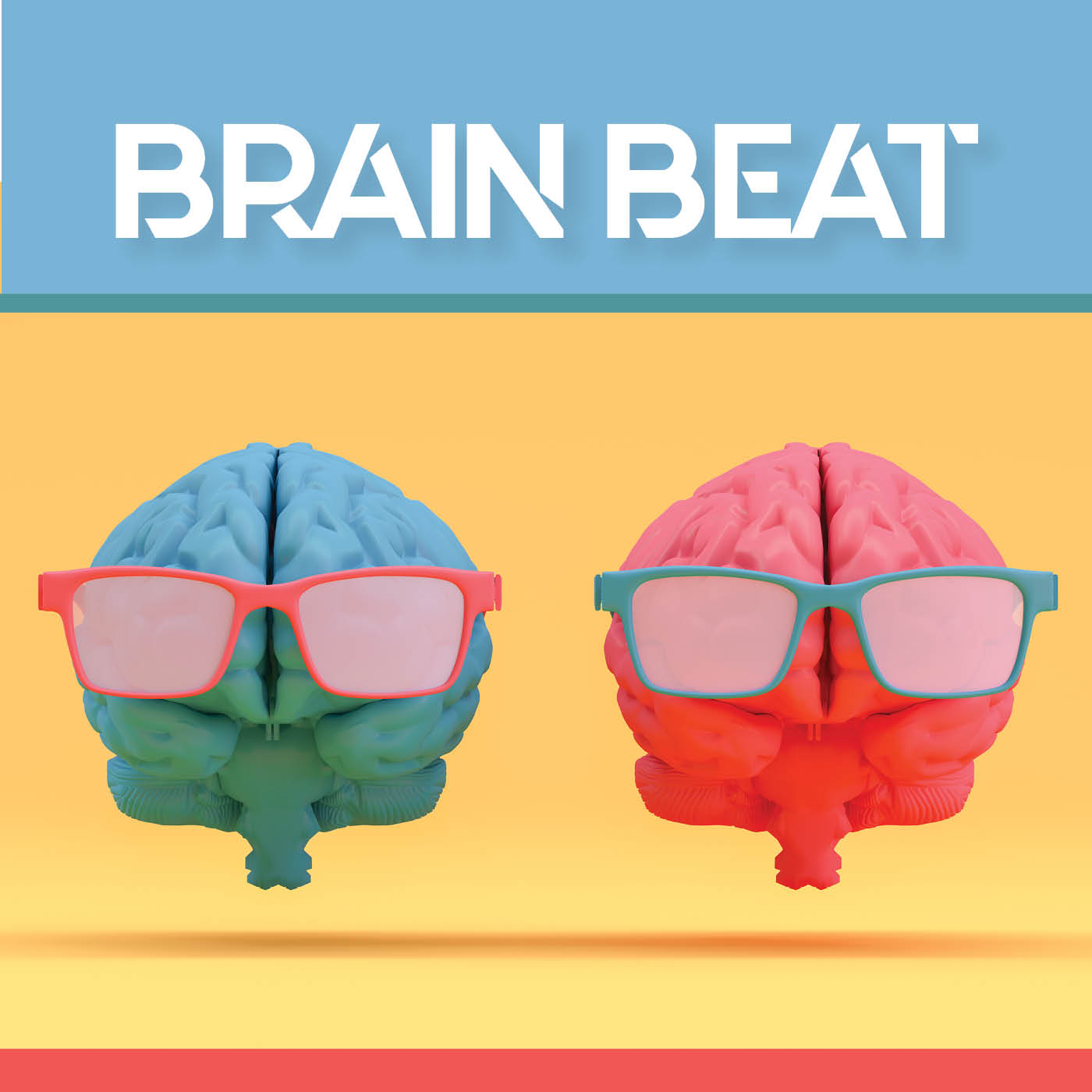We can't find the internet
Attempting to reconnect
Something went wrong!
Attempting to reconnect

Access AI content by logging in
Dr. John Randolph is a board-certified clinical neuropsychologist, brain health coach and consultant, and member of the Adjunct Faculty at the Geisel School of Medicine at Dartmouth College. He earned his PhD in Clinical Psychology, with an emphasis in Neuropsychology at Washington State University, and completed clinical and research fellowships in Neuropsychology and Neuroimaging at the Geisel School of Medicine at Dartmouth. He's Past President of the New Hampshire Psychological Association, a National Academy of Neuropsychology (NAN) Fellow, and recent Program Chair for a national conference focused on the science of brain health. He's also the author of the recently released general audience book, The Brain Health Club: Using the Power of Neuroscience to Improve Your Life. He works with individuals, groups, and organizations interested in developing better strategies to enhance brain health.
Today Dr. Randolph joins host, Dr. Peter Arnett, to discuss how brain health relates to successful aging, which day-to-day activities we can do to improve memory function, and what kinds of physical exercise are best for the brain (and for how long). Dr. Randolph explains the crucial role that social engagement plays in brain health, and how increased isolation has been particularly challenging during the pandemic. The benefits of “cross training” with crossword puzzles, reading, woodworking, and other mental activities daily are also addressed. Dr. Randolph talks about the importance of a Mediterranean-style diet, sleeping well, and stress management for cognitive functioning. Finally, he reminds listeners that it’s never too late to make changes toward better brain health, and encourages us to take gradual steps toward this goal.
Episode Highlights:
- Successful aging is intimately related to brain health
- Exercise, social activity, mental activity, brain-healthy diet, managing stress, sleeping well are all very important not just for brain health, but for the overall aging process
- Moderate activity for 30 minutes a day, 5 days per week is best for maintaining brain health, but any level of activity is beneficial
- The brain is nourished by social interaction and being around people we care about
- Three types of social activity that really matter: how frequently we’re active with other people; how large our social network is; and social support
- These are associated with brain health and also reduce the risk of developing dementia
- COVID has been a particularly challenging time in terms of maintaining social connections, even with the advent of Zoom calls and FaceTime
- Cross Training with the brain, and doing a variety of different mental activities each day, helps to prevent memory problems
- Mixed evidence for whether computerized games help
- Benefits of Mediterranean-style diet
- Findings on health benefits of wine and dietary supplements are inconsistent - the most important priority is to have a balanced diet
- It’s never too late to start making important changes to help promote better brain health
- Sleep is critically important for cognitive function
- There are a lot of simple, free things you can do every day to promote brain health - focus on taking gradual steps
Quotes:
“Successful aging is really intimately related to brain health.”
“We know that there are certain day-to-day activities we can engage in that also really help promote brain health. And these include things like exercise, social activity, mental activity, eating a brain-healthy style of diet, like the Mediterranean style diet, managing stress, sleeping well - these are all things that we have a certain amount of control over, and we know can really improve not just brain health, but the overall aging...